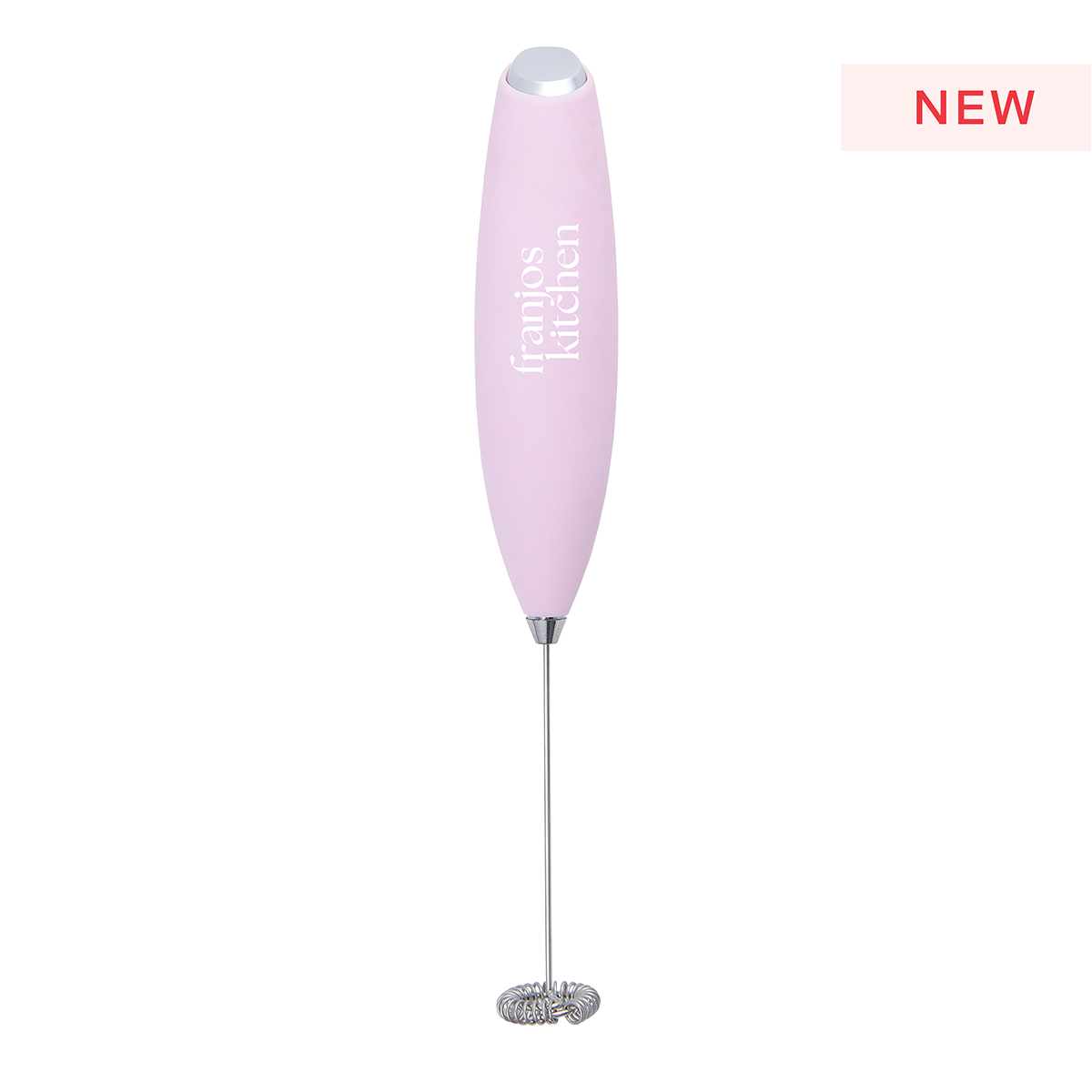Paediatric Nurse Answers: My little one has the flu - what do I do?
Did you know the flu is caused by the influenza virus and there are many different types of the virus, and they change every year. Interesting huh?
Viral illnesses are common in kids, in fact they can have up to 12 a year. No, that’s not a typo, 12.
Similarly, to most viral illnesses there is not a lot we can do medication wise to help treat influenza.
Did you know that the flu can make children seriously unwell?
Children under the age of 5 are the group most likely to be hospitalised from complications of the influenza virus. Complications aren’t ‘common’ but can involve serious lung and brain involvement.
Check out our new flu survival guide below. With all the information you need to know to help your little ones (and the family) get through the flu and those all important red flags we talk about for when to seek help.
I often hear people say they think they have the flu, but generally it is just a common cold. The flu is not the same as a common cold. If your child gets the flu, it can be mild, however it can also make them very unwell for a week or more. Influenza can cause your little ones to feel so tired and achy and feel just terrible. The most at-risk children are those under 5 and kiddies with chronic medical conditions.
Symptoms of the flu include:
• Runny nose/ sneezing
• Cough
• Sore throat
• Fevers/chills
• Headaches
• Body aches
• Vomiting and diarrhoea
Symptoms of the flu can last for a week or more.
If you think your child may have the flu you should see your GP who might want to run a test to see if your child has it. Most children with the flu recover within 7 days without any treatment.
Here are things you can do to make your child more comfortable at home
- Ensure your child gets plenty of rest. Their little bodies are trying hard to fight off a nasty virus, it is ok if they just want to rest and sleep more often.
- Encourage them to drink plenty of fluids. Offer small frequent drinks when they are awake. Water is best, but Franjos Kitchen Hydration Powder contains electrolytes and only natural ingredients, and is a great way to get fluid in, too.
- Offer smaller, more frequent feeds to babies, with extra feeds when tolerated.
- Do not stress if your child does not want to eat for a few days. When they start to feel better they will eat.
- Use paracetamol and ibuprofen for pain and discomfort.
- Do not use paracetamol or ibuprofen to just reduce a fever. A fever helps their body get better naturally.
- Ensure a small baby’s nostrils are cleared out before a feed. This can be achieved by using saline drops, a saline spray or a nasal aspirator.
- Avoid using other remedies unless advised by your health care professional.
Red Flags- When to See a Doctor
If your child is not improving in 48 hours, is getting worse or you are more worried about them, take them to see your GP.
Seek immediate care from your doctor or an Emergency Department if your child:
- Is very pale or hard to wake
- Has trouble breathing
- Has a headache, stiff neck or back pain
- Is unwell with a fever and skin rash that will not go away when you press on it or unexplained bruises
- Poor feeding or fever in a baby one month or younger.
- If you are worried about them
Look after yourself too. If you are a nursing mum, staying hydrated while breastfeeding is important for you and your breast milk supply - sip on the Franjos Hydration Powder to help increase your fluid intake. Also make sure you are washing your hands and wear a mask in the house if you can.
Influenza is spread by exposure to the droplets of a sneeze or cough of an infectious person, either coming into direct contact with these germs by breathing them in or in contact with a contaminated surface.
Ensure your little ones are coughing into their elbows and washing their hands too- all those little things covid has taught us comes in really handy here.
We encourage families to be vaccinated against influenza- it is free and can prevent serious illness for everyone. Not only is the flu vaccine effective, it is safe and recommended. It is the best way to prevent influenza.
Blog from Rhythm First Aid.
Rhythm First Aid is here to educate, empower and equip Australians to be safer and healthier at home, at work, in schools, on farms and in communities.
Please consult your GP for information specific to your child
References
https://www.health.gov.au/diseases/influenza-flu
https://www.rchpoll.org.au/polls/flu-vaccine-for-children-parents-plans-for-2022/
https://www.rch.org.au/kidsinfo/fact_sheets/Influenza_the_flu/
https://www.rch.org.au/kidsinfo/fact_sheets/viral_illnesses/


